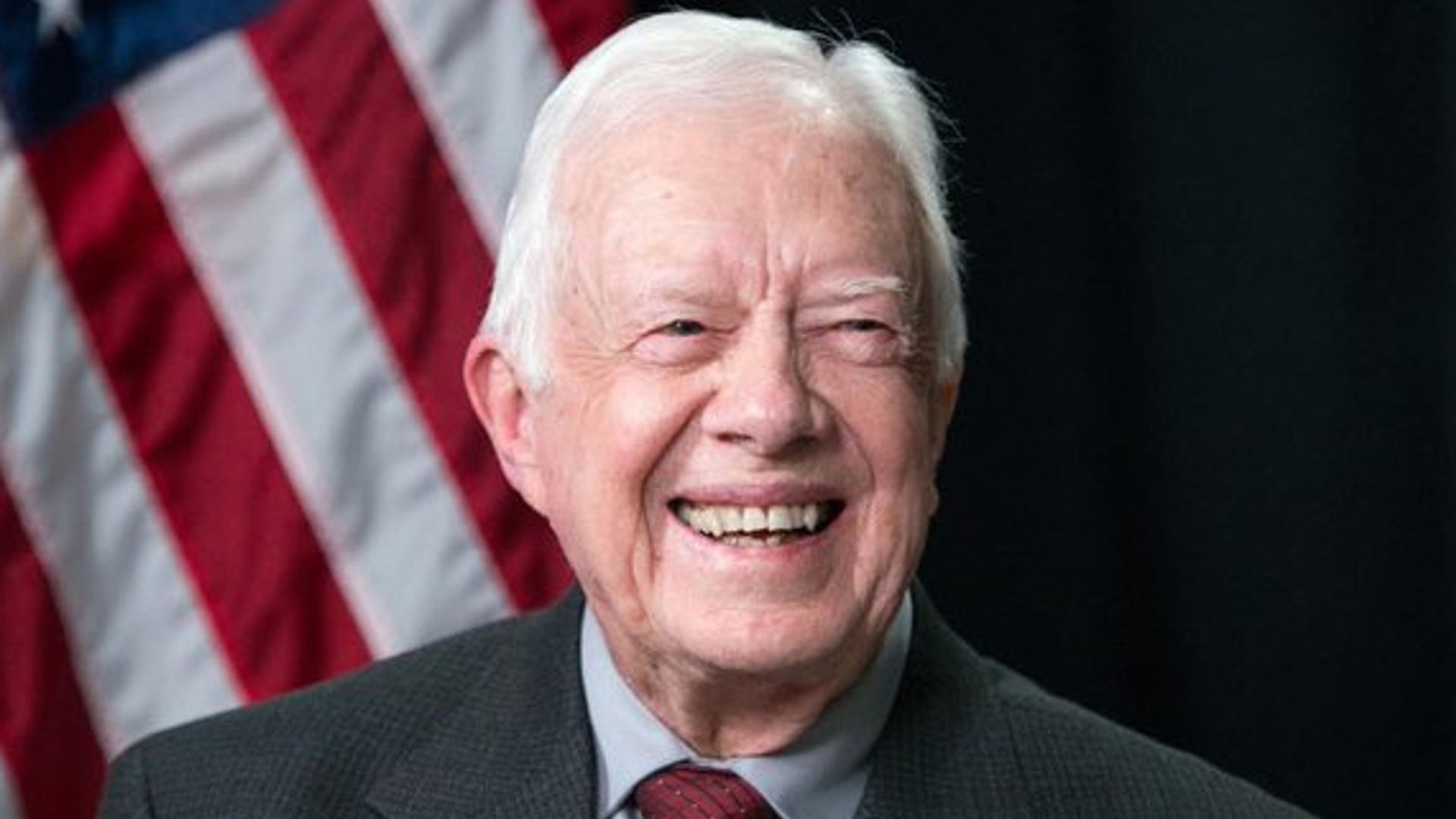President Joe Biden is “not ruling out” allowing Ukraine to fire missiles deep into Russian territory, the US secretary of state has told Sky News.
Antony Blinken made the comment after he told a news conference in London that Iran has provided Moscow with short-range missiles and Vladimir Putin will “likely use them within weeks in Ukraine”.
Ukrainian President Volodymyr Zelenskyy has been calling on the US and other Western allies to allow Ukraine to use long-range missiles to hit targets in Russia to intensify pressure on Moscow to end the war.
In a sit-down interview with Yalda Hakim for her Sky News show The World, Mr Blinken was asked whether the US president might consider allowing such a move as the conflict rages on.
Mr Blinken said the US has made sure Ukraine has had “what it needed, when it needed it, to be effective in repelling the Russian aggression” since Moscow’s forces invaded in February 2022.
But he added that Washington has also had to consider other factors, such as whether Ukraine’s forces can use the “sophisticated systems” Western allies are providing and whether they can maintain them.
He continued: “All of those things have to go into these decisions. But what I can tell you is we’ve adapted and adjusted every step along the way and we’ll continue – so not ruling out at this stage.
‘A threat to all of Europe’: Iran is supplying Russia with ballistic missiles, says US secretary of state
Dominique Pelicot: French man accused of inviting dozens of men to rape his wife taken to hospital on day he was to give evidence
Middle East latest: More than 90% of ceasefire issues agreed, US says; huge crater left in Gaza camp after deadly strike
“We don’t. We never rule out. But when we rule in, we want to make sure it’s done in such a way that it can advance what the Ukrainians are trying to achieve.”
Mr Blinken had earlier told a news conference that “dozens of Russian military personnel” have been trained to use Iran’s Fath-360 close-range ballistic missiles.
He added: “Russia has an array of its own ballistic missile system, but the supply of Iranian missiles enables Russia to use more of its arsenal for targets that are further from the front line.”
The US delivered a small number of ATACMs (Army Tactical Missile Systems) to Ukraine in September last year.
The long-range missiles have a range of about 180 miles.
Mr Blinken gave the news conference in London hours after Ukraine launched a major drone attack targeting several regions across Russia.
Read more:
Analysis: Russia’s links with Iran are growing stronger
Please use Chrome browser for a more accessible video player
US to target Iran’s economy
In his interview, the US secretary of state was also asked about America’s decision to announce further sanctions against Iran and whether they will be effective.
He replied: “We’ve been clear with the Iranians as we saw this brewing that this would have consequences if they went ahead and did it.
“There will be consequences… This is at a time when we know from the new Iranian president that they desperately need and want some economic relief, that there’s a very heavy burden on the country, and that they’re looking for that.
“(Supplying Russia with missiles) is exactly the opposite way to get what they purport to want.”
Be the first to get Breaking News
Install the Sky News app for free
Blinken says Gaza ceasefire is not guaranteed
Mr Blinken was also asked whether the US is any closer to helping Israel and Hamas to agree a ceasefire to end the nearly year-long war in Gaza.
The US secretary of state said: “In terms of what’s on paper right now, more than 90% of it has been agreed… but almost by definition, the closer you get to the finish line, the harder it gets, because the toughest things usually remain until the end.”
He added: “The challenge, of course, is with every passing day, there’s the risk of an intervening event that sets you back and makes things more difficult.
“But I’m convinced, based on what’s on paper, what’s already been agreed, that we’re close, but does that mean that we’ll get there? No, because there remain hard issues.”











